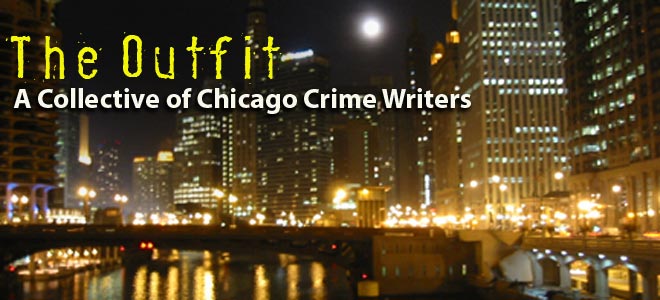We opened five bottles of champagne tonight, but drank only two. Lemme tell you why...
 My dad used to receive bottles of champagne as Christmas gifts from people with whom he did business. Every year, some bottles of bubbly would come in, and my parents drank most of it, but they usually put a bottle aside, to keep "for a special occasion". Those "special occasion" bottles piled up over the years, and gathered dust in the wine cellar.
My dad used to receive bottles of champagne as Christmas gifts from people with whom he did business. Every year, some bottles of bubbly would come in, and my parents drank most of it, but they usually put a bottle aside, to keep "for a special occasion". Those "special occasion" bottles piled up over the years, and gathered dust in the wine cellar.Actually, I should call it a "wine cellar" - the quotation marks are important - it was really just a small room in the basement, where my dad had made a wine rack using concrete and terracotta. No climate control. Just slightly cooler than upstairs, the way basements often are.
And that's no way to store good champagne for the long-haul.
Starting when I was a teenager, I'd often suggest that my folks might want to drink the good stuff before it turned to vinegar. I mean, they had bottles of Dom Perignon that were older than I was (1966, thanks for asking).
But they were always saving those "for a special occasion".
Birthdays came and went. Children graduated, moved away, got married ... grandchildren were born ... the Berlin Wall came down ... a rock from Mars was discovered to contain fossilized bacteria ... no occasion ever seemed special enough to motivate my parents to open those bottles.
 But a few weeks ago, I convinced my mom that we should open an old bottle of Heidsieck, to celebrate the occasion of it being a Tuesday. I opened it, and the cork did not 'pop'. The fizz was gone, and the champagne was vinegar. So we moved on to a bottle of '69 Dom Perignon. More vinegar. And so on, through four more bottles.
But a few weeks ago, I convinced my mom that we should open an old bottle of Heidsieck, to celebrate the occasion of it being a Tuesday. I opened it, and the cork did not 'pop'. The fizz was gone, and the champagne was vinegar. So we moved on to a bottle of '69 Dom Perignon. More vinegar. And so on, through four more bottles.The game grew depressing, and we ended up drinking a regular bottle of wine.
Tonight, we tried again, this time to celebrate today's Wednesdayness. Opened three bottles of Dom from the 1970s (totally corked and flat), a bottle of 1976 Bollinger (ditto), and finally, desperate for something drinkable, we moved forward in time and opened a bottle of Pol Roger from the early-'90s.
It was fine, so we drank another.
I'm sad to report that there are a whole bunch more bottles of (once) really good champagne from between 1966 and 1990 left to open, and it's a safe bet that they've all turned.
So what the hell does any of this have to do with writing? Glad you asked.
Admittedly, I'm hopped-up on champagne, decongestant, and Jerry Lee Lewis, but I see a parallel. I've heard writers talk about how they have a fantastic idea for a scene or a character or whatever, and the idea is so great that they're gonna save it for their next book.
Do not save it for your next book. Great ideas are like great champagne, and the next book is like that hypothetical "special occasion". By the time the occasion arrives, the champagne is vinegar. And the idea may not be so great by the time you're on to the next book.
We live in a universe of plenty. Drink the champagne now; they'll make more. Use that great idea in the book you're writing now; more great ideas will come to you when you're working on the next book.
I leave you with The Killer, drinkin' wine spo-dee-o-dee...
















